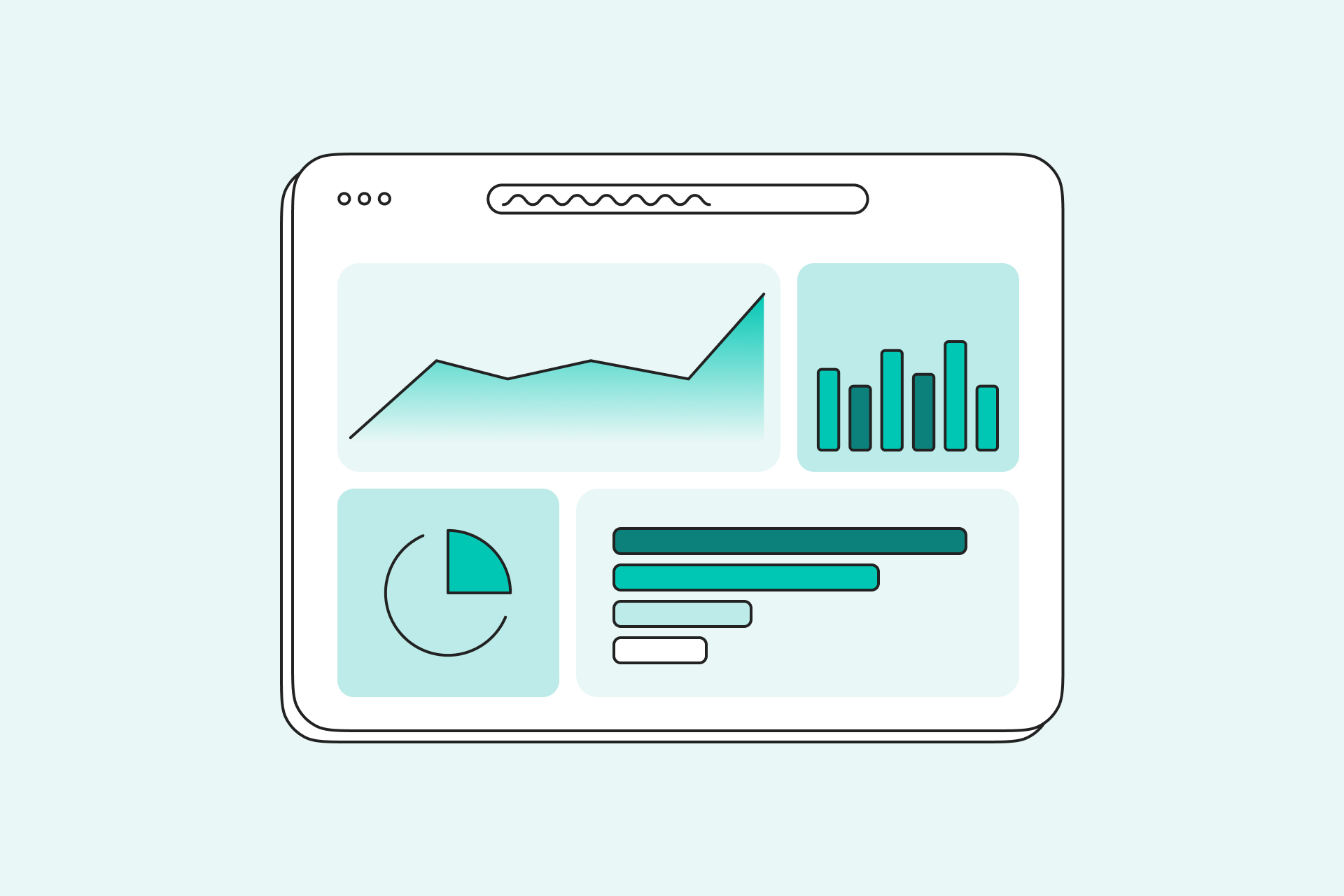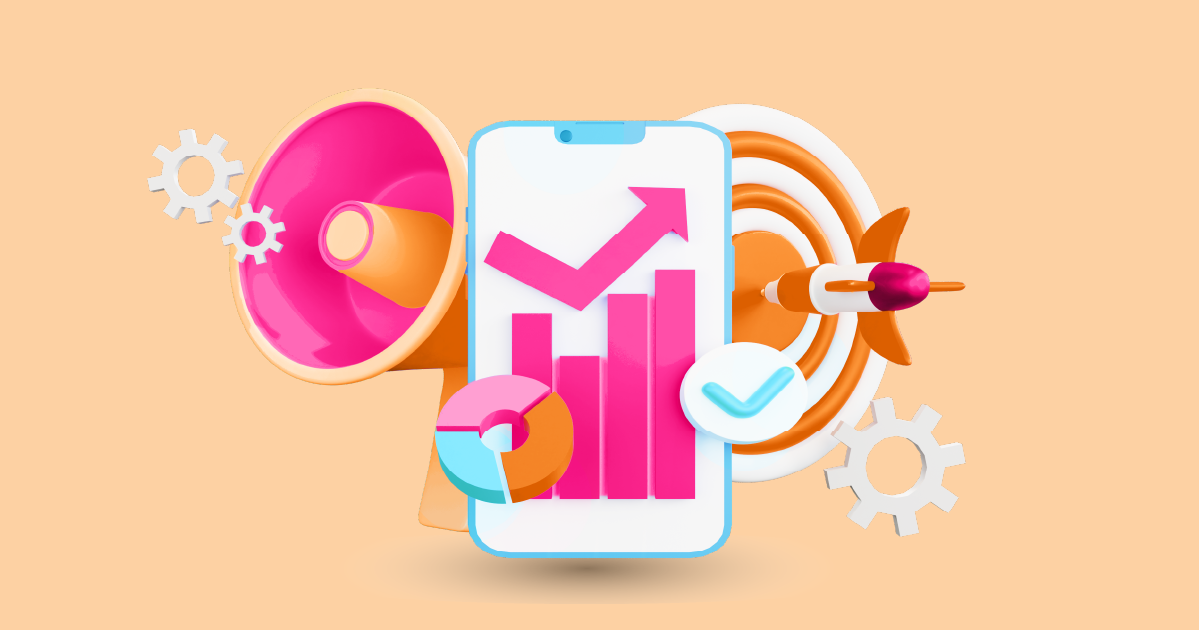In today’s digital age, the significance of social media for businesses cannot be overstated. With millions of users active on various platforms daily, understanding and analyzing social media data has become crucial for driving marketing strategies and decision-making processes. This is where social media reporting tools come into play, offering comprehensive solutions to track, measure, and analyze performance metrics across different channels.
Overview of Social Media Reporting Tools

Social media reporting tools are software solutions designed to simplify the process of monitoring and analyzing social media performance. These tools aggregate data from various platforms, such as Facebook, Twitter, Instagram, LinkedIn, and more, allowing users to generate detailed reports and gain actionable insights.
Key Features
When choosing a social media reporting tool, it’s essential to consider the following key features:
- Analytics and Insights: Robust analytics capabilities that provide in-depth insights into audience demographics, engagement metrics, and campaign performance.
- Customization Options: Flexible reporting templates and customizable dashboards to tailor reports according to specific business goals and KPIs.
- Integration with Various Platforms: Seamless integration with multiple social media platforms to gather data from all channels in one centralized location.
- Reporting Automation: Automated reporting functionalities to schedule and generate reports at regular intervals, saving time and streamlining workflows.
Top Social Media Reporting Tools in 2024
In 2024, the market is flooded with a variety of social media reporting tools, each offering unique features and benefits. Here are three top contenders:
Tool 1: AIM Insights
AIM Insights stands out for its comprehensive analytics suite, providing real-time insights into audience behavior, content performance, and competitor analysis. With customizable dashboards and advanced reporting capabilities, also, it empowers users to make informed decisions and optimize their social media strategies effectively.
Tool 2: Analytics360
Analytics360 offers a user-friendly interface coupled with powerful analytics tools, making it an ideal choice for businesses of all sizes. With integration across major social media platforms and customizable reporting templates, also, it enables users to track key metrics, measure ROI, and uncover actionable insights to drive growth.
Tool 3: InsightHub
InsightHub combines advanced analytics with AI-driven insights, delivering actionable recommendations to enhance social media performance. Also, with features such as sentiment analysis, trend detection, and predictive analytics, it provides a holistic view of brand perception and audience sentiment, helping businesses stay ahead of the curve.
How to Choose the Right Social Media Reporting Tool
When selecting a social media reporting tool for your business, it’s essential to consider your specific needs, budget constraints, and scalability requirements. Here are some tips to help you make the right choice:
- Assess Your Needs: Determine the key metrics and functionalities you require from a social media reporting tool to align with your business objectives.
- Consider Budget and Scalability: Evaluate the pricing plans and scalability options offered by different tools to ensure they fit within your budget and can accommodate future growth.
- Read User Reviews and Testimonials: Research user reviews and testimonials to gauge the reliability, performance, and user experience of each tool before making a decision.
Best Practices for Using Social Media Reporting Tools
To maximize the value of social media reporting tools, here are some best practices to follow:
- Set Measurable Goals: Establish clear objectives and KPIs to track and measure the success of your social media efforts effectively.
- Regular Monitoring and Analysis: Consistently monitor key metrics and performance indicators to identify trends, patterns, and areas for improvement.
- Adjust Strategies Based on Insights: Use the insights gleaned from social media reporting tools to refine your strategies, optimize content, and drive better results over time.
Future Trends
Looking ahead, several emerging trends are poised to shape the future of social media reporting:
- AI and Machine Learning Integration: Increased adoption of AI and machine learning algorithms to enhance data analysis, automate reporting processes, and deliver more accurate predictive insights.
- Real-Time Reporting Capabilities: The demand for real-time reporting capabilities to enable faster decision-making and agile response to evolving market trends and consumer behaviors.
- Enhanced Data Visualization: Continued emphasis on data visualization techniques such as interactive dashboards, infographics, and storytelling to communicate insights more effectively and facilitate data-driven decision-making.
Conclusion
In conclusion, social media reporting tools play a pivotal role in helping businesses navigate the complexities of the digital landscape, providing valuable insights and actionable recommendations to drive growth and success. By leveraging the power of these tools, businesses can gain a competitive edge, optimize their strategies, and achieve their marketing objectives more efficiently.
Ready to take your social media analytics to the next level? Request a demo from AIM Technologies today and discover how our cutting-edge solutions can transform your business’s social media performance.




